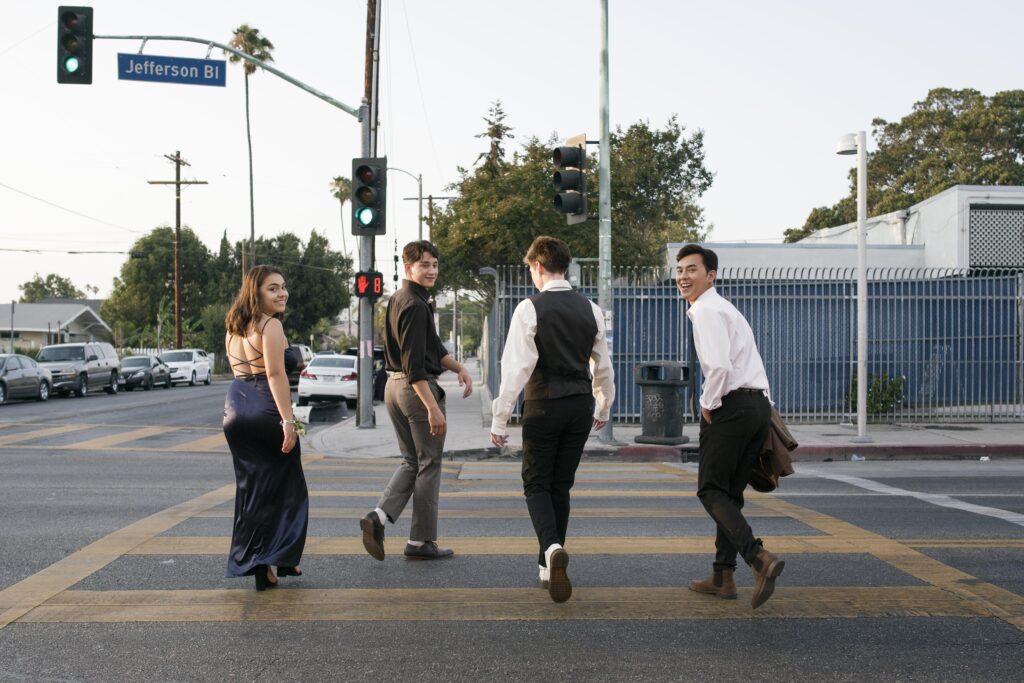It is a crime to steal, but it is also a crime to possess stolen property.
It is not uncommon that a person who steals is more interested in the money they can get from selling the item than the item itself. For this reason, the law makes it a crime to knowingly possess stolen property. This article discusses the nuances of California Penal Code 496.
Is possession of stolen property a crime?
Yes, it is a crime to knowingly possess stolen property. Even if you are the recipient of the stolen property and didn’t commit the crime of stealing it, California Penal Code 496 considers the possession to be a crime.
What does it mean to possess stolen property?
Someone who purchases the stolen property without asking or inquiring whether the property was stolen is considered to be in possession of stolen property. The law specifies “swap meet vendors” since it is their business to purchase previously owned property to resell it. The person in possession of the stolen property can be literally holding it or has legal control over the property, such as through a contract. For example, if a person receives a contract for a hundred purses that were stolen but stated to be new, that contract gives the recipient the control over the purses.
A possession of stolen property scenario
A woman purchases a charm bracelet from a swap meet vendor. Before making the purchase, she inspects the locket attached to the bracelet. There’s a photo in the locket. It’s also monogrammed. The bracelet is gold, but the purchase price is a third of the price. Instead of asking the vendor about the bracelet’s history, she makes the purchase. She later learns that the bracelet was stolen. Both the woman and the vendor have been in possession of the stolen bracelet and can be charged for this crime.
What is larceny?
Larceny is the crime of taking and moving property from the owner without the permission of the owner. It is the non-violent theft of property. An example of larceny is pickpocketing. The crime is considered to be a felony because the stolen property was worth more than $950.00. We discussed the difference between larceny and shoplifting in our article titled, “California Shoplifting Laws – PC 459.5” and the difference between larceny and theft in our article titled, “Larceny Vs Theft: What’s The Difference?”
Penalties
If the stolen property is valued for less than $950.00, the crime of possessing such property is a misdemeanor. The penalty is up to a year in jail, however, this depends on whether the possessor has been formerly convicted of a crime.
If the stolen property is valued for more than $950.00, the crime of possessing such property is a felony. The penalty is up to three years in prison.
In addition, the law also allows for the victim to pursue legal action in order to receive three times the amount of the stolen property and any associated legal costs.
How to beat a possession of stolen property charge:
- Prove that the recipient didn’t know that property was stolen. The law requires that the recipient intentionally possessed the stolen property and/or made the necessary inquiry as to the possession’s origins. If the recipient could not have reasonably known that the item was stolen, then the person can make the case that they were not knowingly in possession of the property.
- Prove that the recipient didn’t know that they were in possession of the stolen property. If a person finds property that does not belong to them on their person or on their property and takes action toward finding the owner of the property, the recipient can make the case that they did not intend to possess the property.
For example, let’s say that a stolen laptop is left under a deck chair on the recipient’s porch. The recipient opens the laptop but cannot find any identifying information that would allow the recipient to deliver the laptop to its owner. The recipient then brings the laptop to the police station so that they can see who the owner is. The police say that the laptop was stolen. The recipient will most likely not be charged with being in possession of the stolen laptop because the recipient took action to find the rightful owner.
Contact A Criminal Defense Lawyer
David L. Faulkner is a skilled Bakersfield stolen property lawyer who can help you navigate the court system if you are charged with possession of stolen property. Given the intricacies of providing intent and willfulness, it is important to retain an attorney who can defend you during a court proceeding. Contact us today for an in-depth case evaluation and a free consultation.









